What to Do After a Car Accident
Home » What to Do After a Car Accident
Exactly What You Should Do After a Car Accident
Get what you need, before you need it.
What should you do if you are in an auto crash? If it happens, resolution could be difficult and injuries may be severe and long-lasting. But, there are important things to do in the scene of the collision and shortly afterward. Below is a list of activities to take after a car accident that will put you in the best position possible to receive the settlement you deserve.
Did You Know?
Follow These Steps After a Car Accident
Stay Where You Are

After a car accident, one of the most important steps is to stay where you are.
Leaving the scene, even if the crash seems minor, can result in serious legal consequences, including hit-and-run charges.
Remaining at the scene allows you to check for injuries, exchange information with the other driver, and cooperate with law enforcement. Unless you need immediate medical attention, it’s best to stay put until authorities arrive and it’s safe to leave.
Step #2
Ensure Everyone Is OK
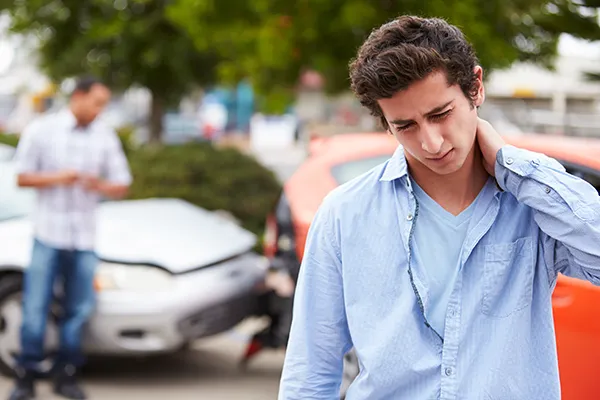
Your first priority should be to check if everyone is OK. Start with yourself, then check your passengers, and if it’s safe, see if the occupants of the other vehicle need help. If anyone is injured, call 911 right away for medical assistance. Even if injuries seem minor, it’s better to be cautious and get medical attention immediately.
Keep in mind that some injuries, like whiplash or internal trauma, may not be obvious right away, so encouraging everyone involved to seek medical care is important.
Step #3
Call the Cops to Report
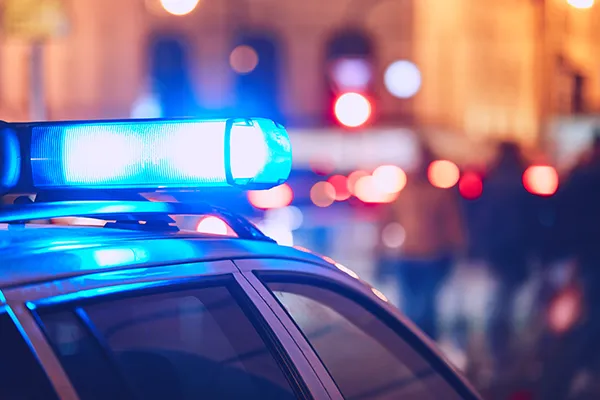
After a car accident, it’s important to call the police to report the accident, even if the crash seems minor. An official police report creates a record of what happened, which can be valuable for insurance claims and any legal issues that may follow.
When officers arrive, provide them with accurate information but avoid admitting fault or making assumptions. Having law enforcement on the scene helps document the details, ensures safety, and keeps the situation under control.
Step #4
Document the Event Thoroughly
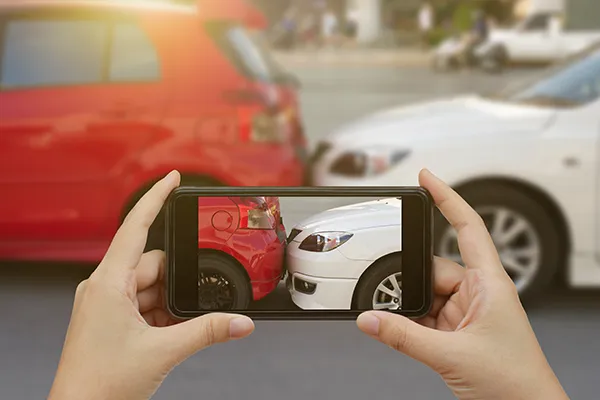
Take photos of any damage to your vehicle as soon as possible following the crash. Photographs help your insurance adjuster determine just how much you need to be paid for the damage to your vehicle and can assist in court. Additionally, pictures of your car prior to the collision can provide an excellent “compare and contrast” to demonstrate the real extent of damage suffered in the collision.
If others witnessed the events, see if they would be willing to exchange information, so you may call on them in the future. If neighbors are around, you may want to inquire if they have ever seen other accidents in the exact same location.
Step #5
Speak With Your Insurance Agent

After the accident, inform your insurance company that you’ve been in a crash. Cooperate together and tell them the facts about what occurred and the extent of your injuries. Describe the facts honestly.
If the insurance carrier finds out that you have lied about anything, you can get into serious trouble, including potential denial of coverage of the crash.
Obtain and examine any police record filed; you may have to figure out who struck who, what traffic laws were broken, and/or who was to blame.
Step #6
Keep Tabs on Medical Bills
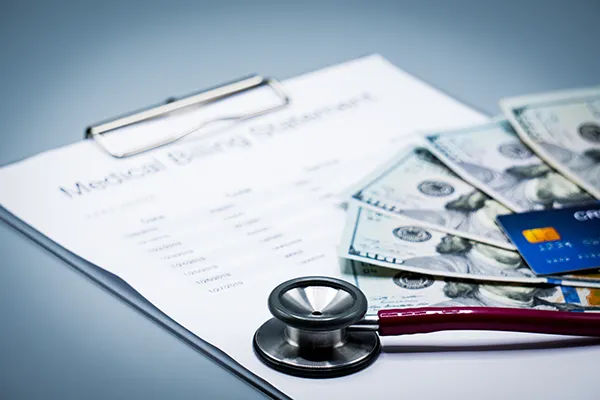
Note any physicians, physical therapists, nurses, or other caregivers which you get treatment from, and every physician that referred you to other health professionals. Maintain a close account of the remedies and/or drugs you are prescribed.
Additionally, ask for copies of medical reports and invoices because these help you demonstrate your medical expenses afterward. If you end up pursuing a lawsuit against those who caused the damages, the accident attorneys in your area may be able to help get your medical bills paid for out of the settlement.
Step #7
Calculate All Property Damage Expenses
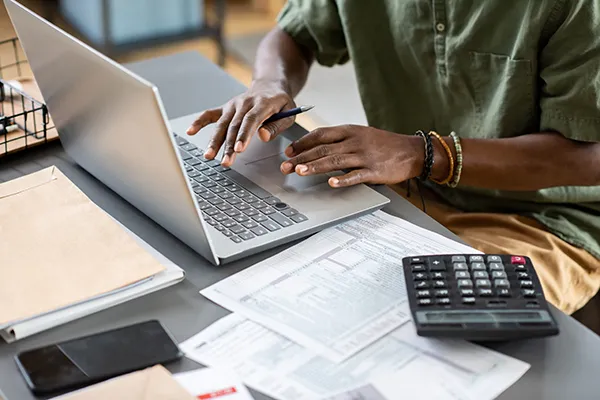
Get your insurer’s damage evaluation. If you are not happy with how your insurer has appreciated your automobile, do not stop trying. Get two separate repair quotes or replacement estimates. If you cannot agree on your auto’s worth, think about mediation or consult a lawyer.
Confirm all of your bodily injuries are handled. Some injuries do not appear or reach their highest degree of distress until many days, weeks, or months afterward.
Do not settle a claim until you understand you’re going to be paid for your entire injuries, and consult with a lawyer before signing any compensation records.
Step #8
Consider Hiring a Quality Attorney
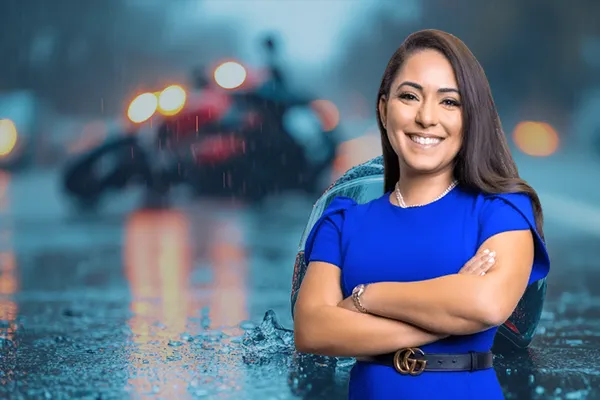
If anybody was hurt in the crash, it is ideal to seek advice from an experienced lawyer. A lawyer can help you optimize your recovery in case you are hurt or better defend yourself whether you are to blame. Many injury lawyers work on a contingency fee basis, meaning your attorney only receives a commission if you are awarded damages or get a settlement. Get in touch with an experienced lawyer today to get a free claim inspection.
Do not speak about the injury to anyone aside from your attorney, your insurer, and the authorities. Do not speak to a representative from a different insurer with no knowledge of your attorney or insurance company. Additionally, tell your attorney or insurer about the telephone call if someone else tries to contact you.
Still Unsure? Quick Answers
Even after learning what to do at the scene of a crash, many people still have questions about what comes next. You may wonder how long the claims process takes, whether you need a lawyer, or what happens if your pain worsens later. This quick FAQ from our Georgia car accident attorneys answers the most common concerns drivers and passengers have after a collision—helping you make informed choices, protect your rights, and move forward with confidence.
Should I move my car after a crash in Georgia?
If your vehicle is blocking traffic or creating a hazard, Georgia law allows you to move it after photographing the positions of the cars and damage. If there are serious injuries or you suspect criminal activity, leave vehicles where they are until police arrive. Always prioritize safety first, document the scene thoroughly, and then relocate your car to a safe area if it is reasonable to do so.
Do I have to report a car accident to the police in Georgia?
Yes. Georgia requires you to report any crash involving injury, death, or apparent property damage of five hundred dollars or more. A police report creates an official record that supports your insurance claim and potential injury case. Without a report, proving fault and damages becomes harder, so call 911 and provide accurate information without admitting fault.
What if the other driver does not have insurance?
If you are hit by an uninsured or underinsured driver, you may pursue compensation through your own uninsured motorist coverage. An attorney can help file a UM claim, evaluate stacking options, and explore additional recovery sources such as the at fault driver’s assets or third party liability. Quick documentation and prompt medical evaluation are essential to link injuries to the wreck.
Can I recover compensation if I was partly at fault?
Georgia follows a modified comparative negligence rule that allows recovery if you are less than fifty percent at fault. Your compensation is reduced by your percentage of fault. Thorough investigation, photographs, crash reports, and witness statements can reduce the fault assigned to you and improve the value of your injury claim.
Can I file a claim if the at fault driver left the scene?
Yes. Report the hit and run immediately, provide any details you observed, and look for nearby cameras or witnesses. Your uninsured motorist coverage may apply when the other driver cannot be identified. Prompt medical documentation and quick notice to your insurer are critical to protect eligibility under your policy’s requirements.
Protect Yourself After a Car Accident
Experiencing a car accident can be overwhelming, but knowing the right steps can make a big difference in protecting your safety, health, and legal rights. After a car accident, remember to stay at the scene, check if everyone is OK, call the police, and document the accident carefully. Seeking medical attention, even for minor injuries, and notifying your insurance company promptly are also essential.
For guidance on protecting your legal rights and ensuring you receive the compensation you deserve, contact Amircani Law. Our experienced attorneys are ready to handle your case, answer your questions, and provide the support you need to move forward with confidence.
